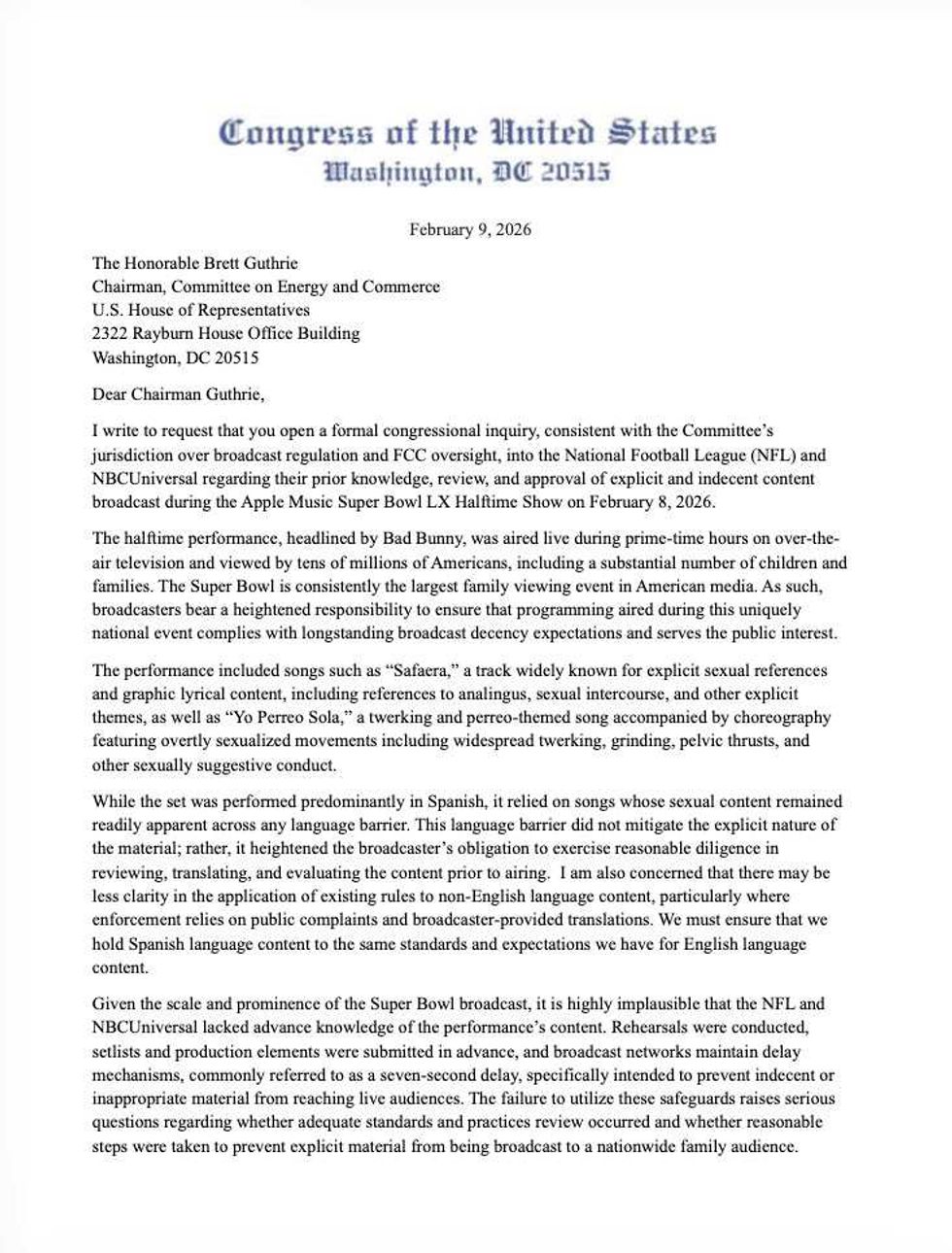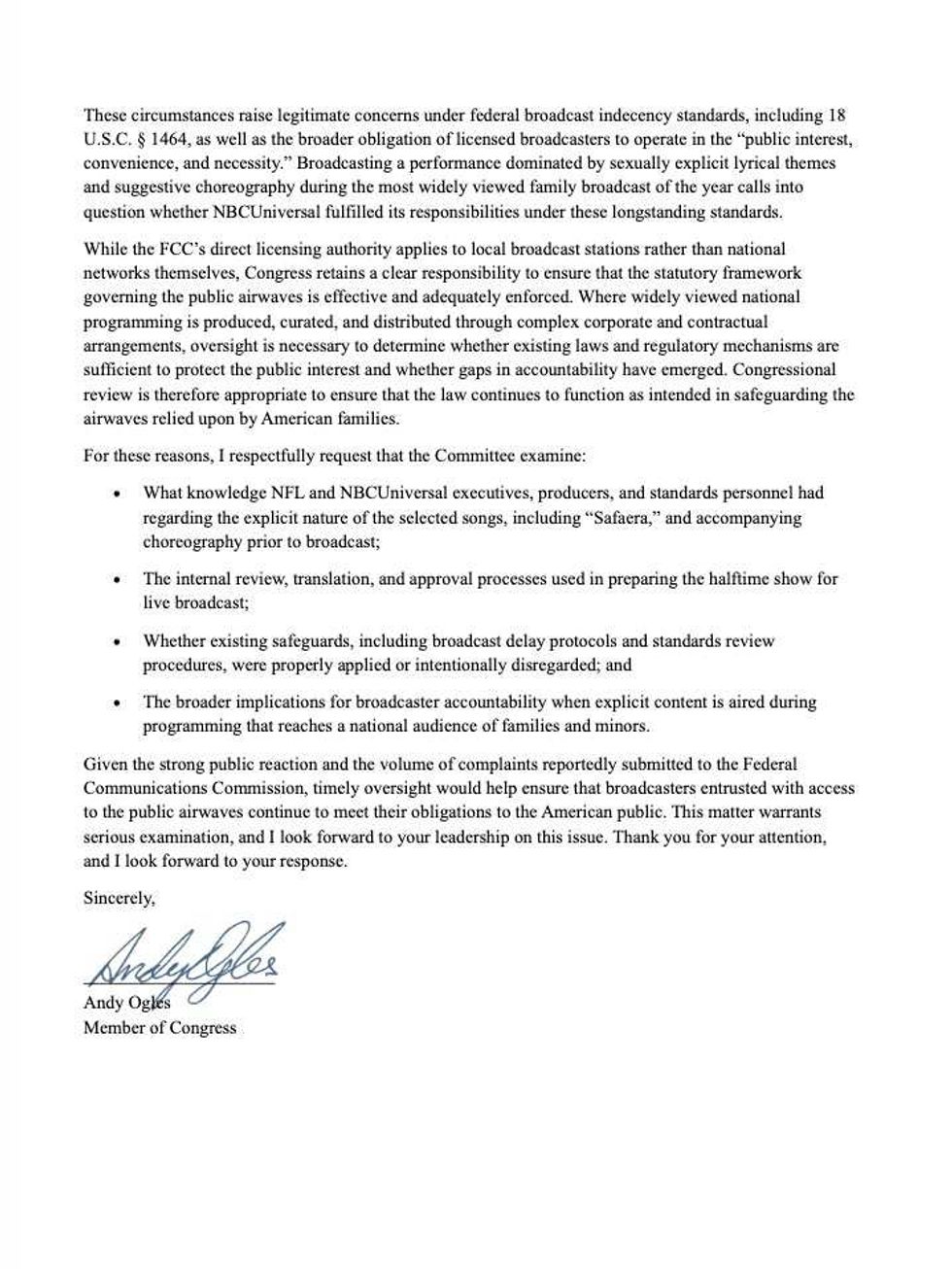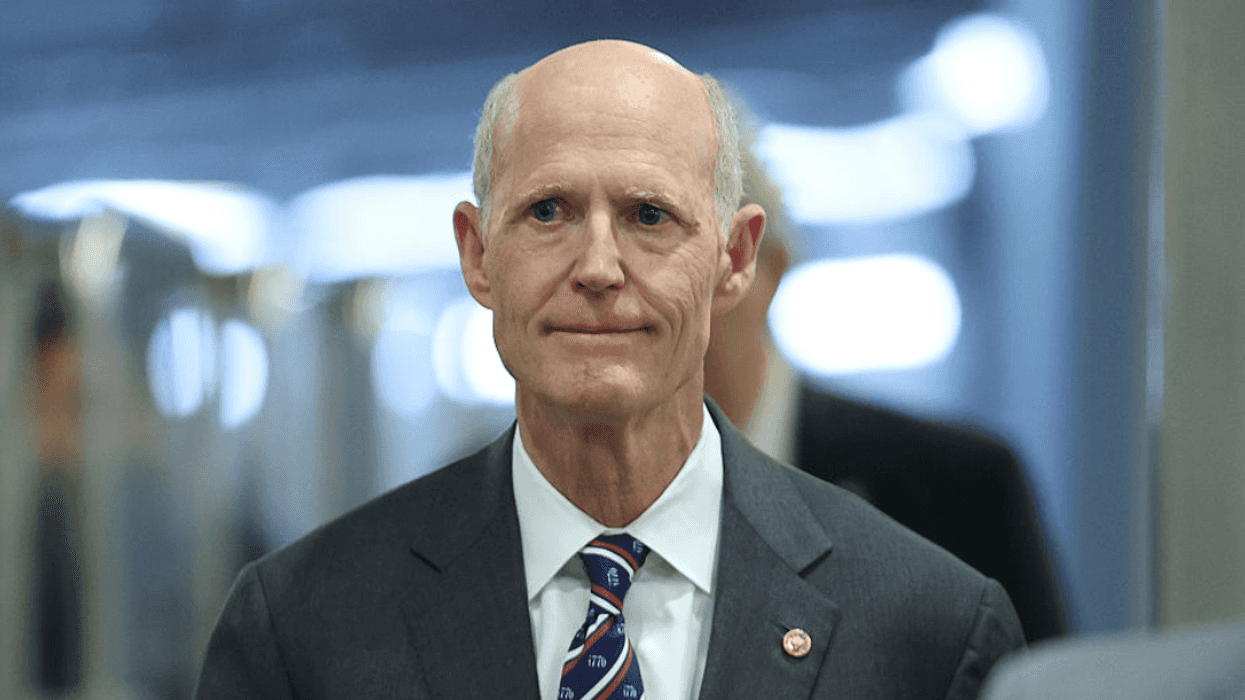President Donald Trump broke the law by appointing Matt Whitaker as acting attorney general on Tuesday, George Conway and Neal Katyal are claiming in a New York Times editorial.
Conway, a lawyer and husband of White House advisor Kellyanne Conway, and Katyal, Acting Solicitor General under President Barack Obama, argue that the president is "evading the requirement to seek the Senate’s advice and consent for the nation’s chief law enforcement officer and the person who will oversee the Mueller investigation."
Whitaker served as chief of staff for now-former Attorney General Jeff Sessions, whom Trump fired on Wednesday.
The authors say that because the attorney general is a "principal officer," or a government official who reports directly to the president, must be confirmed by the U.S. Senate.
"President Trump’s installation of Matthew Whitaker as acting attorney general of the United States after forcing the resignation of Jeff Sessions is unconstitutional," the authors write. "It’s illegal. And it means that anything Mr. Whitaker does, or tries to do, in that position is invalid."
Trump's appointment of Whitaker "defies one of the explicit checks and balances set out in the Constitution," Conway and Katyal say, "a provision designed to protect us all against the centralization of government power."
The principal officer idea was put to the test last year when the Supreme Court ruled that the nomination of the president of the National Labor Relations Board was invalid because the Senate was not given the opportunity to advise and consent.
Justice Clarence Thomas in his majority opinion wrote that the framers of the Constitution “recognized the serious risk for abuse and corruption posed by permitting one person to fill every office in the government," and that the Constitution’s Appointments Clause defined the NLRB president as a principal officer.
The founders "had lived under a form of government that permitted arbitrary governmental acts to go unchecked," Thomas wrote. “They knew that liberty could be preserved only by ensuring that the powers of government would never be consolidated in one body.”
To wit, the authors note, Trump has named Thomas as his "favorite" Supreme Court justice, so he may want to heed his hero's advice.
"It is one thing to appoint an acting underling, like an acting solicitor general, a post one of us held," the op-ed states. "But those officials are always supervised by higher-ups; in the case of the solicitor general, by the attorney general and deputy attorney general, both confirmed by the Senate."
As AAG, the breadth of Whitaker's powers is immense.
Whitaker "has now been vested with the law enforcement authority of the entireUnited States government," the authors write, "including the power to supervise Senate-confirmed officials like the deputy attorney general, the solicitor general and all United States attorneys."
"We cannot tolerate such an evasion of the Constitution’s very explicit, textually precise design," the men add. "For the president to install Mr. Whitaker as our chief law enforcement officer is to betray the entire structure of our charter document."
Katyal and Conway argue that Deputy Attorney General Rod Rosenstein -who until Sessions' departure oversaw Special Counsel Robert Mueller's investigation into Trump's ties to Russia - Solicitor General Benjamin Bristow would be more appropriate choices for AAG, as both have been confirmed by the Senate.
"Mr. Whitaker’s only supervisor is President Trump himself, and the president is hopelessly compromised by the Mueller investigation," the two lawyers warn. "That is why adherence to the requirements of the Appointments Clause is so important here, and always."
Twitter wants to know what we can do about it.
We can call our representatives in Congress. Hold them accountable too.
Do it.






 @RepOgles/X
@RepOgles/X @RepOgles/X
@RepOgles/X





 @chrisbrownofficial/Instagram
@chrisbrownofficial/Instagram u/oatlatt/Reddit
u/oatlatt/Reddit u/LoveTheAhole/Reddit
u/LoveTheAhole/Reddit u/SoFetch89/Reddit
u/SoFetch89/Reddit u/00trysomethingnu/Reddit
u/00trysomethingnu/Reddit u/kittybuscemi/Reddit
u/kittybuscemi/Reddit u/___nic/Reddit
u/___nic/Reddit u/WaterMagician/Reddit
u/WaterMagician/Reddit u/west-brompton/Reddit
u/west-brompton/Reddit u/GhostlySpinster/Reddit
u/GhostlySpinster/Reddit u/Asleep_Tap6199/Reddit
u/Asleep_Tap6199/Reddit u/afreudtolove/Reddit
u/afreudtolove/Reddit u/myfriendtoldmetojoin/Reddit
u/myfriendtoldmetojoin/Reddit
 @charlesbeckinsale/Instagram
@charlesbeckinsale/Instagram @liamgriffin/Instagram
@liamgriffin/Instagram @valentinoguseli/Instagram
@valentinoguseli/Instagram @17is/Instagram
@17is/Instagram @torahbright/Instagram
@torahbright/Instagram @mcfetridge/Instagram
@mcfetridge/Instagram @colleenquigley/Instagram
@colleenquigley/Instagram @jonathanwaynefreeman/Instagram
@jonathanwaynefreeman/Instagram
 @amberglenniceskater/Instagram
@amberglenniceskater/Instagram